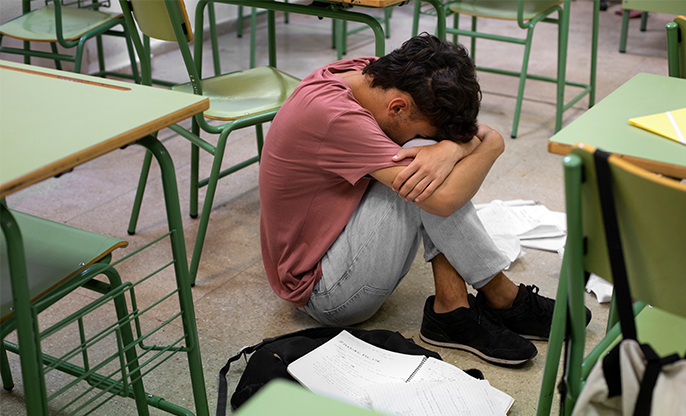
Exploring the Advantages of Co-Curricular Activities for Children
Co-curricular activities are different kinds of educational activities that are voluntary and conducted outside the formal curriculum prescribed by a school. This can include anything from joining sports teams, learning music lessons, and joining community service projects.
Co-curricular activities are essential for children because they help foster necessary skills in them. For example, participating in a sports team can help teach children:
teamwork,
communication skills,
problem-solving.
Similarly, engaging in music or art classes can help
improve creativity
Help sharpen fine motor skills.
Being part of a theater group teaches children
public speaking
confidence.
Most importantly, co-curricular activities allow children to make friends outside their classes, giving them a solid social support system. Let's discuss these benefits in detail.
Developing Critical Thinking Skills
Co-curricular activities can help:
Develop critical thinking skills in children. Let us consider the game of chess: each move requires strategy and evaluation and teaching children how to think and plan.
Another great benefit of co-curricular activities is that they offer a fun way to explore the kid's interests.
Children can explore their talents by taking on activities like painting or drama classes.
Learn about team dynamics and self-expression.
Through these activities, kids can develop communication skills that will benefit them.
Social Development & Networking Skills
Co-curricular activities are a great way to help children develop:
Social and networking skills: When children take part in these activities, they become part of a team, which means learning how to work with others and communicate, two crucial life skills.
It also teaches them how to collaborate, manage people and lead a team.
These activities also help children in developing their interpersonal relationships with others. Working together as a team and learning about different personalities and goals can help them form better connections with those around them.
They can understand the importance of working together to accomplish common goals.
Motivation
Participating in co-curricular activities can also increase motivation levels, as the student is often enthusiastic and excited to learn and do well in their chosen activity. This can act as a catalyst for students to push harder on their academic studies.
Enhancing Self-Esteem
Children can recognize and appreciate their individual capabilities by participating in activities such as sports, art, and music. This, in turn, boosts their confidence and self-esteem by helping them feel more independent since they don't rely solely on academic success.
On the other hand, constructive criticism from peers or mentors helps increase self-awareness so kids can identify areas for improvement. This makes them more resilient as they can use any failures as an opportunity to grow stronger mentally and physically.
Cope with Challenges
These activities help children cope with the challenges that may arise. Kids can learn to recognize when they feel overwhelmed and will be better equipped to know when and how to ask for help. This can prevent misbehaving or using drugs or other methods to cope.
Develop Leadership Qualities
Co-curricular activities also allow children to develop leadership qualities, as they will be challenged with coordinating tasks, leading groups, and making decisions. By developing such skills early on, children are more likely to become team players who can lead confidently later in life.
With the right support and guidance, these activities can be the perfect way for children to grow and thrive!



